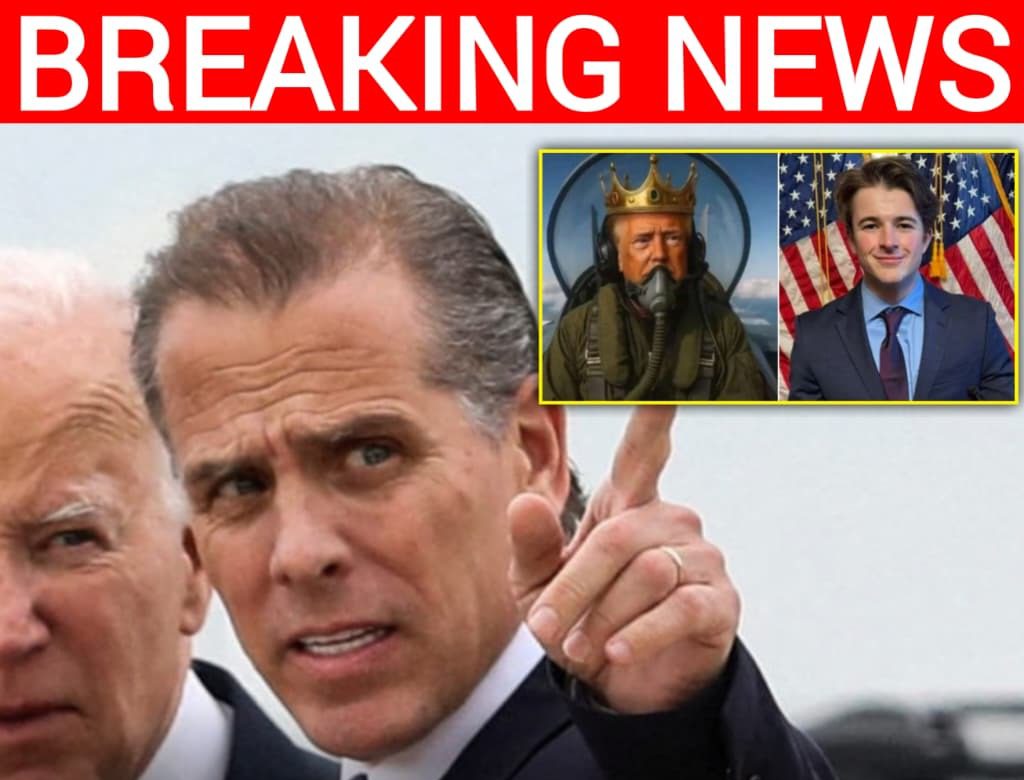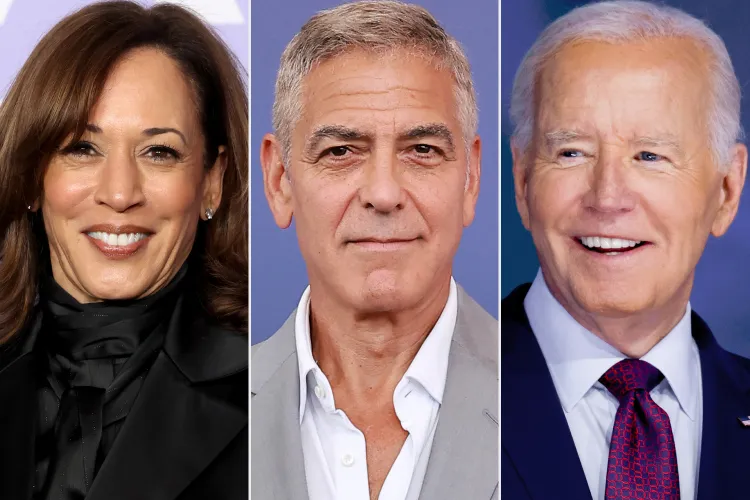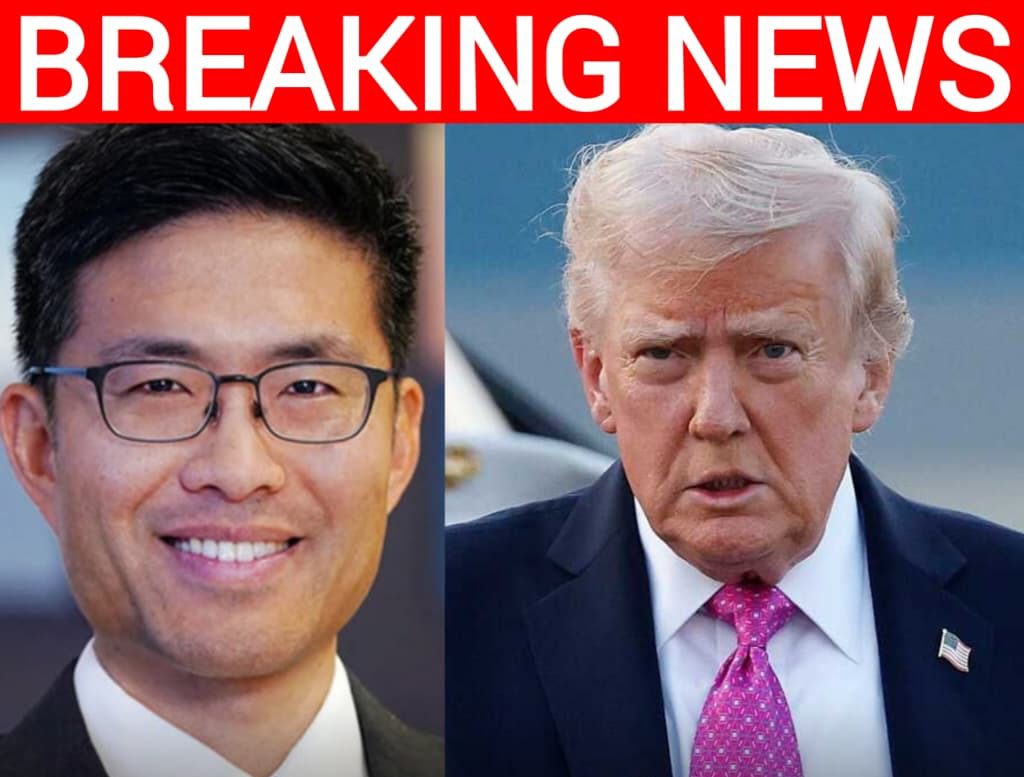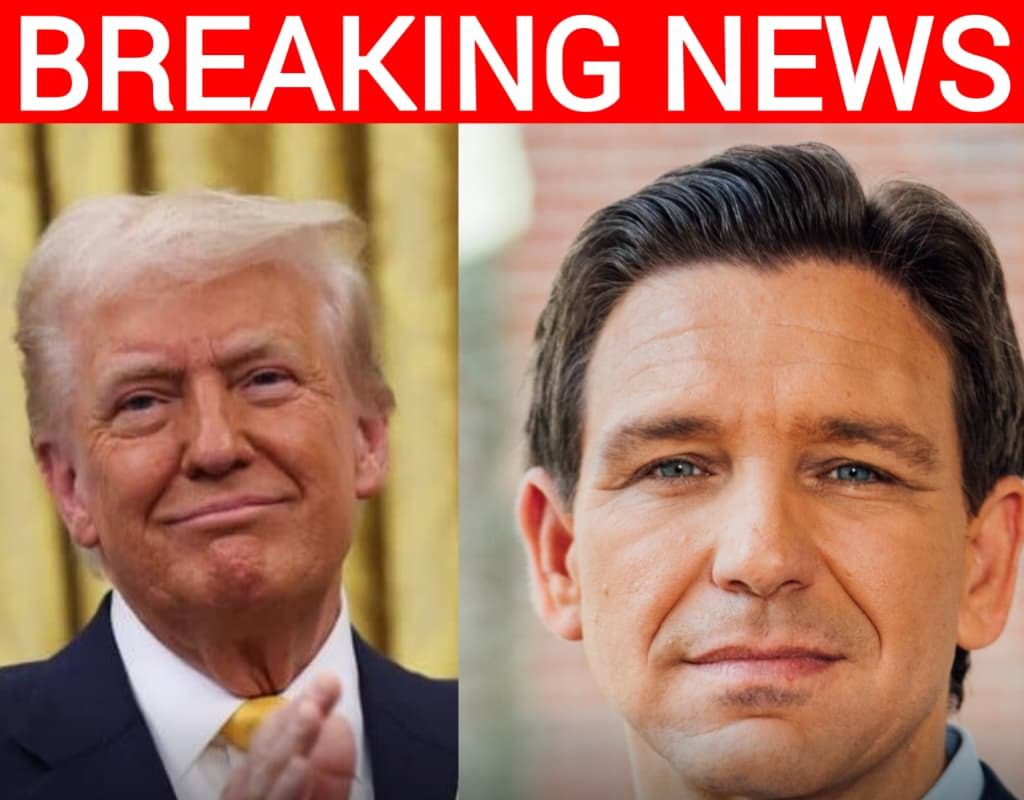Hunter Biden Blasts President Trump for Sharing AI Video Mocking Gen Z Influencer Harry Sisson — Claims It “Paints a Bullseye” on His Head Amid Escalating Digital Feud
A new controversy has erupted online after Hunter Biden accused President Trump of endangering the life of Democratic TikTok personality Harry Sisson by sharing an AI-generated parody video. The video, which Trump reposted to Truth Social on October 19, 2025, shows a digitally created image of Trump as a crowned pilot dropping feces over anti-Trump protesters, including Sisson, a 23-year-old activist known for his vocal support of President Biden.
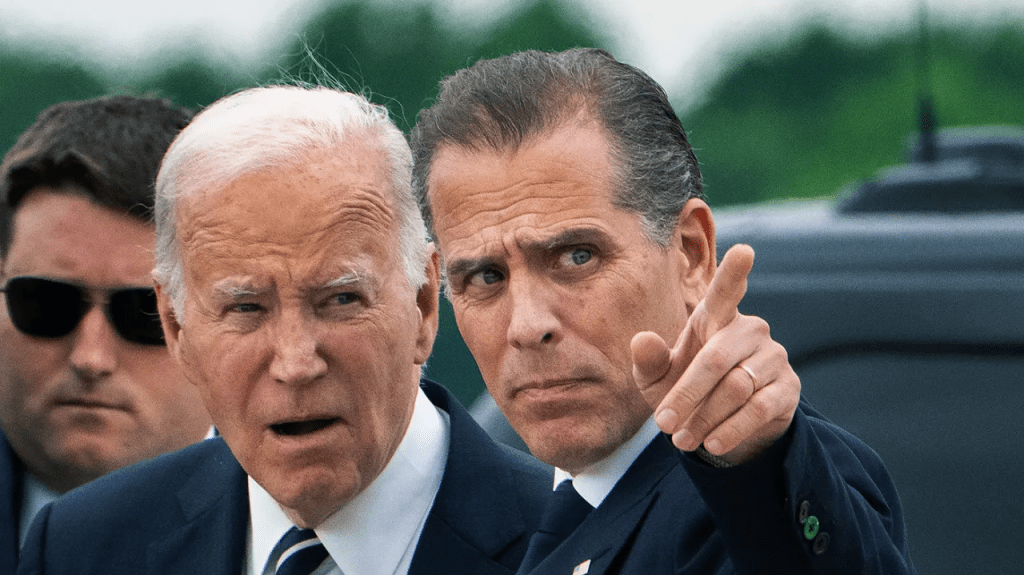
The clip, originally created by a meme account, was clearly meant as satire, yet it sparked outrage across left-wing circles after Hunter Biden publicly claimed it represented a direct “threat.” Speaking during a live discussion, Biden expressed dismay at what he called the “juvenile” nature of the video, but focused heavily on what he saw as its implications. “So sad. So sad to watch. Forget about how juvenile it is—what the president did,” Hunter said. He went further, alleging that Trump’s post was dangerous, adding, “I see him basically painting a bullseye on somebody like that.”
For conservatives, the reaction was both dramatic and revealing. Many saw Hunter’s comments as an overblown attempt to manufacture outrage, particularly given the satirical nature of the video and the long history of far harsher political mockery aimed at Trump himself. The phrase “painting a bullseye” also drew criticism for its perceived hypocrisy, with users reminding Hunter of past Democratic rhetoric—including President Biden’s own 2022 comment about putting a “bullseye” on Trump politically.
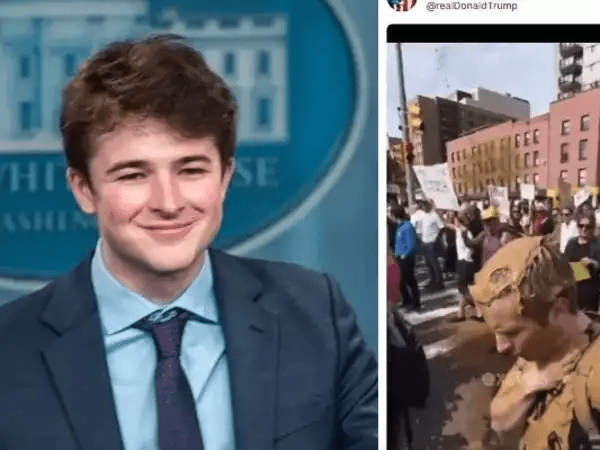
The backlash online was immediate. Trump supporters flooded X with memes and commentary mocking Hunter’s remarks, pointing out that the left has long celebrated artists, comedians, and media outlets who used far more aggressive imagery against conservatives. Some users cited the 2017 incident when comedian Kathy Griffin posed with a mock severed Trump head, as well as the frequent social media targeting of conservative figures, arguing that the outrage over this AI video was selective and politically motivated.
Despite the noise, the core of the debate has shifted toward the broader implications of digital satire and artificial intelligence in politics. The video itself is clearly labeled as parody, a growing art form in the AI age where political figures from both sides are caricatured in hyper-realistic, exaggerated ways. Trump’s supporters argue that satire—no matter how biting—remains protected speech, especially in response to what they view as biased media portrayals and online censorship.

For the right, the uproar represents yet another double standard. As they see it, the same activists and influencers who mock Trump daily are now claiming to be victims when faced with humor at their expense. The irony has not been lost on conservative commentators, who say the Biden family’s outrage over a meme underscores how disconnected they are from ordinary Americans who see humor as a normal part of political discourse.
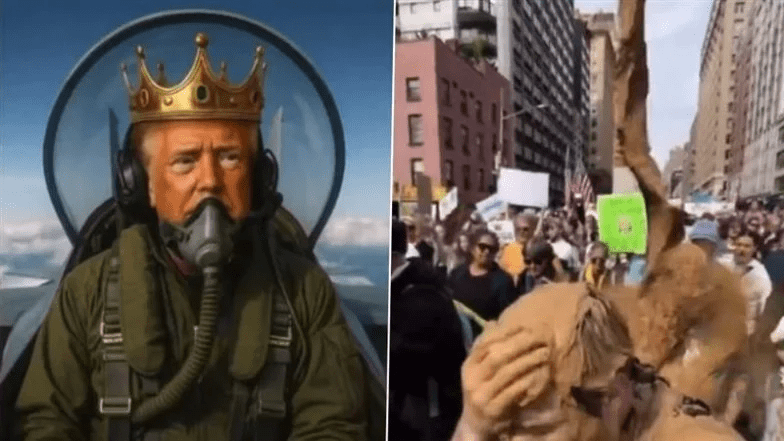
Still, Hunter’s remarks highlight a real tension in American politics: the blurred line between satire and perceived threat. In an era when viral clips can define narratives, even a brief AI parody can trigger emotional and partisan reactions far beyond its intent. But to Trump’s base, that’s precisely the point—the video was symbolic, representing how they feel silenced and vilified for expressing dissenting humor.
As of now, the post remains live on Truth Social, amassing tens of thousands of shares and comments. Whether the White House addresses Hunter’s claims remains unclear, but among Trump’s supporters, the sentiment is simple: the president didn’t “threaten” anyone—he laughed at the people who have been laughing at him for years.
